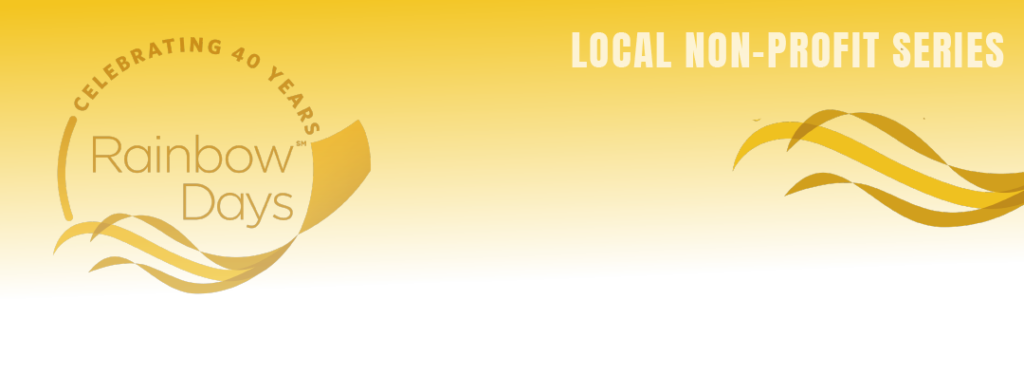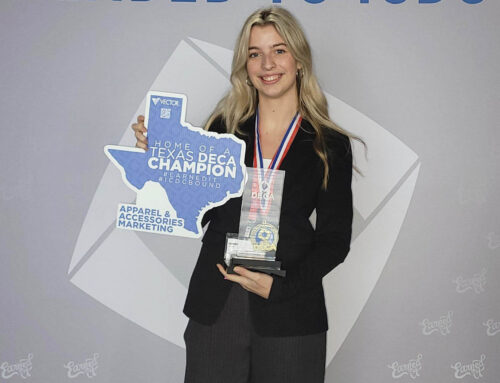Addiction is a disease that affects everyone, including children.
Rainbow Days is a nonprofit organization that has been focused on helping children with addiction since 1982. Cathey Brown, the visionary founder, recognized an absence of a safe space for children who may be battling addiction to find solace and guidance.
What once started as a weekly support group for children grappling with addiction-related challenges has evolved into an institution that offers an array of life-enrichment experiences. The program helps build healthy coping skills, promotes social and emotional health and breaks down the walls from prior trauma.
Wright says it’s important to invest in youth because they are the people who will grow up to become leaders, healthcare workers, attorneys and public figures.
Still, at the core of the Rainbow Days mission remains a commitment to drug prevention programming, impacting more than 241,000 children in the Dallas community.
Director of Community Connection Cindy Wright has worked with Rainbow Days for over 27 years and focuses her efforts on school children who live in poverty.
“Over the trajectory of the 27 years, the kids keep changing,” Wright says. “Kids are angrier, lonelier and don’t know how to form relationships.”
To Wright, Rainbow Days instills the ideas of intrinsic value and purpose. She is reminded of that every time she works with children who have had a difficult upbringing and may need the support Rainbow Days offers.
“I’ve worked with children who struggle with their identity because their mom has told them she wished they’d never been born, that they were her biggest mistake, or that their grandmother’s raising them because their dad’s in jail,” Wright says. “Whatever the situation is, finding out you’re not alone is a comfort. Kids need to feel as though they do belong here.”
Wright typically works with children in a 10-week cycle. She says every week, more and more open up about their experiences and feelings, and the groups build an unbreakable bond.
Wright recalls one student who entered a Rainbow Days support group in her freshman year.
“At first, she was just very withdrawn, and wasn’t interested in creating an attachment with her peers,” Wright says. “But, by the time she finished her first cycle of her freshman year, she had become a completely different person. She became somebody who was engaged in the group and speaking whereas she used to not speak during group time. And then in her sophomore and junior and senior groups, she became a leader in those groups and she was able to tell other kids — ‘it’s okay you can trust that this is a safe place.’”
Wright credits her success with Rainbow Days to her empathy and love for helping others.
“I want people to understand that we’re all special, regardless of what we look like, sound like, or whatever our disability or handicap is,” Wright says. “The more people I can tell that they’re special, and that they do have intrinsic value, the better I am, my staff is, we all are, together.”






